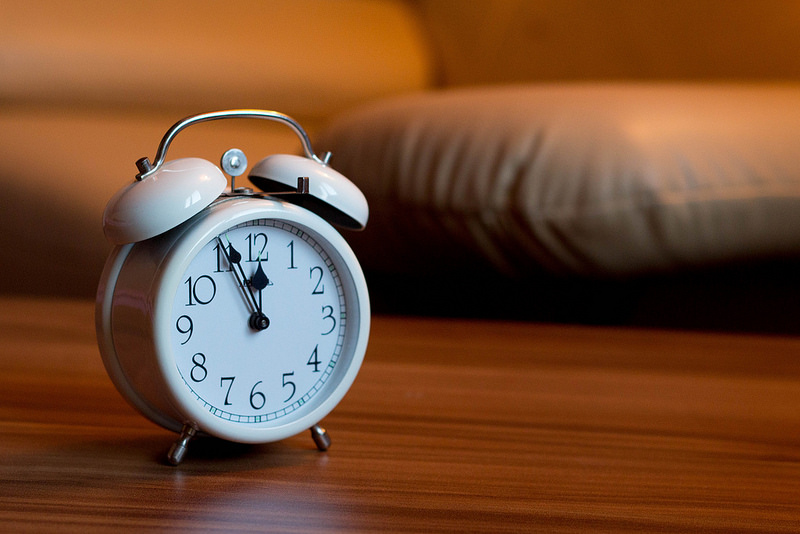We’ve all been there. Hearing the alarm go off in the morning and groggily reaching for the phone, feeling like you’ve just gotten off to sleep in the last few minutes. The night was spent tossing and turning, unable to settle, or waking up seemingly every few minutes with no idea what’s happening. A bad night of sleep isn’t just annoying or disruptive to your daily life. It can also be damaging to your health and well-being.
MENTAL HEALTH IMPACT OF A BAD NIGHT’S SLEEP
Being tired can have common impacts like making you irritable and grumpy. However, a bad night’s sleep can also have far-reaching mental health outcomes too that can have a lasting and damaging effect on your health. Anxiety and sleep problems have a long association, and while we might not know if one is necessarily causing the other, they clearly have an influence on each other.
A bad night can also cause anxiety about sleep itself. One bad sleep can mean we get stressed about the next night’s sleep too, which in turn makes it that much harder to sleep properly again. This vicious cycle of anxiety and exhaustion is all too common.
Poor sleep also means that the brain cannot function properly. Sleep is the time where our brain gets a chance to refresh itself for the day ahead, as well as reflect on the day just gone. Interrupted sleep prevents the full benefits of that refreshment, so thinking with clarity, as well as problem-solving ability, are compromised. This can impact on our productivity during the day, making it harder to complete tasks and function coherently.
POOR SLEEP HAS PHYSICAL EFFECTS
A bad night of sleep compromises our body’s ability to repair and revitalise. People who haven’t slept well look drained, and it’s not just cosmetic. The body needs sleep, and without it, damage begins to accrue in the body’s essential systems. This leads to increased risks of heart disease, diabetes, blood pressure problems, and risk of weight gain, among others.
A bad night could be a sign of sleep apnea, and if symptoms persist, you should consult a doctor. To learn more about the dangers of leaving Obstructive Sleep Apnea untreated, visit ApneaSeal.

